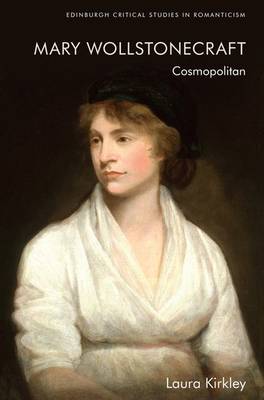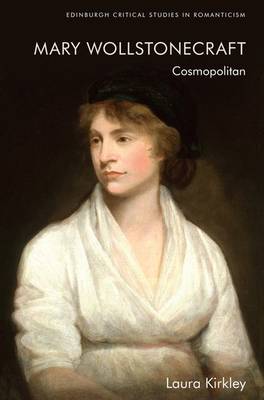
- Afhalen na 1 uur in een winkel met voorraad
- Gratis thuislevering in België vanaf € 30
- Ruim aanbod met 7 miljoen producten
- Afhalen na 1 uur in een winkel met voorraad
- Gratis thuislevering in België vanaf € 30
- Ruim aanbod met 7 miljoen producten
Omschrijving
Considering her transformation of material from the works of European writers and orators such as Rousseau, Mirabeau, Felicité de Genlis, Christian Gotthilf Salzmann and Margareta de Cambon, as well as British sentimental philosophers and the radical theologian Richard Price, this book argues that Wollstonecraft espouses a cosmopolitan ethic that subordinates local and national allegiances to philanthropy, or love of humankind. At a time of international conflict, burgeoning capitalism and colonial enterprise, she represents philanthropy and cultural authenticity as the means to resist tyranny and imperialism in all their forms and light the way to global justice.
Specificaties
Betrokkenen
- Auteur(s):
- Uitgeverij:
Inhoud
- Aantal bladzijden:
- 288
- Taal:
- Engels
- Reeks:
Eigenschappen
- Productcode (EAN):
- 9781399503099
- Verschijningsdatum:
- 4/08/2022
- Uitvoering:
- Hardcover
- Formaat:
- Genaaid
- Afmetingen:
- 156 mm x 234 mm
- Gewicht:
- 566 g

Alleen bij Standaard Boekhandel
Beoordelingen
We publiceren alleen reviews die voldoen aan de voorwaarden voor reviews. Bekijk onze voorwaarden voor reviews.











